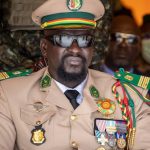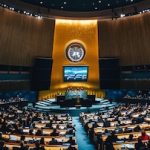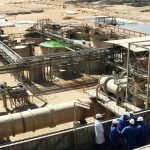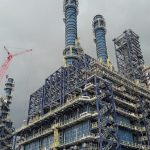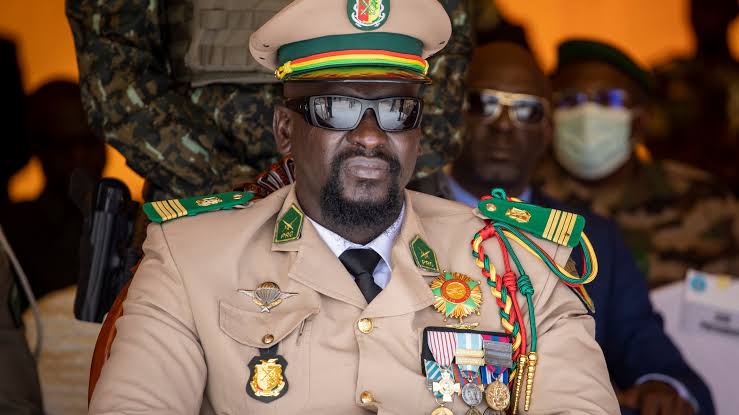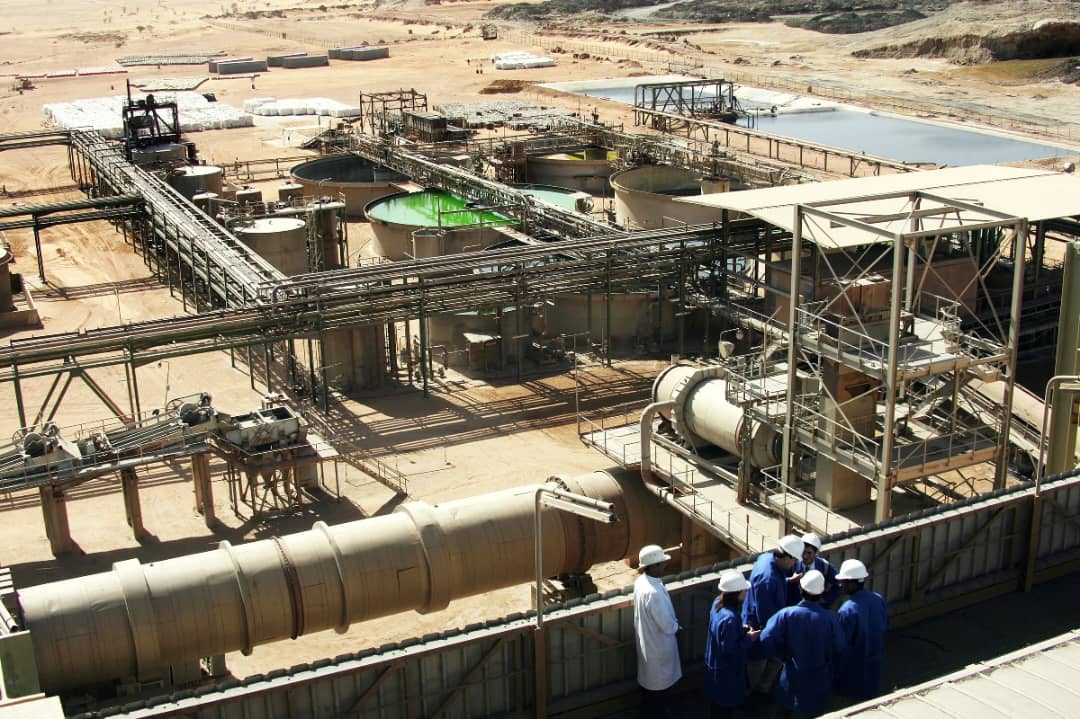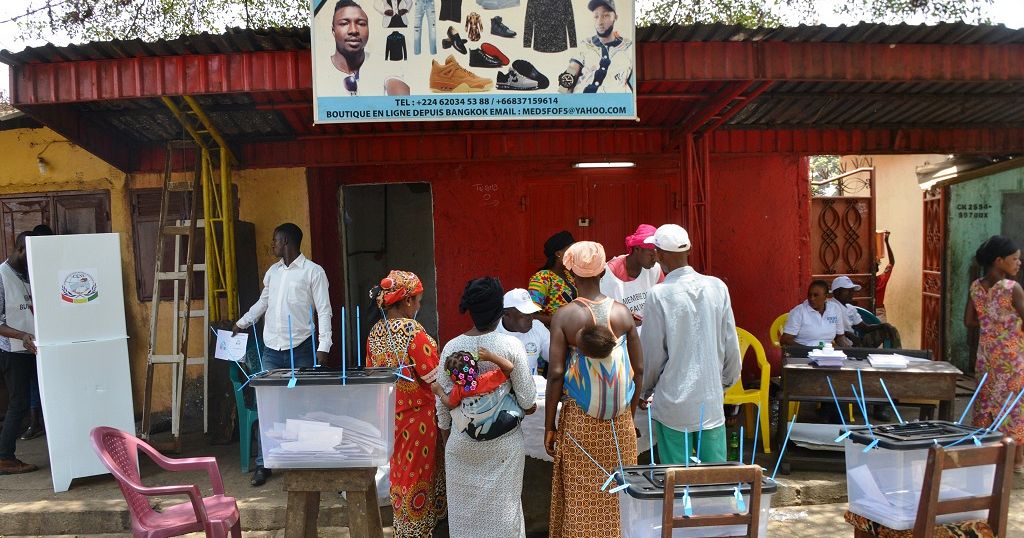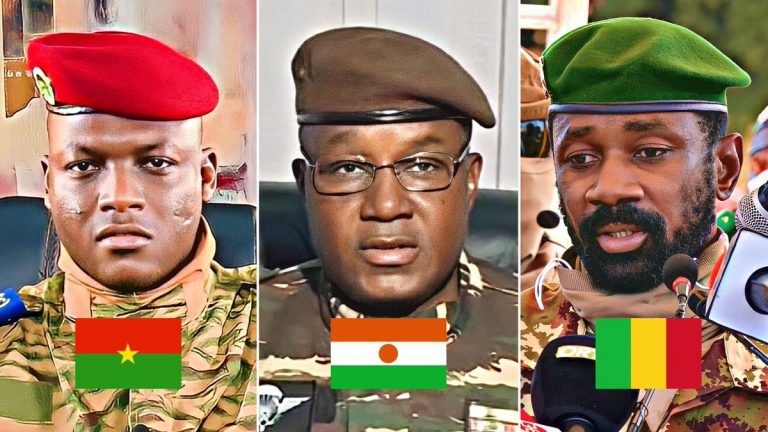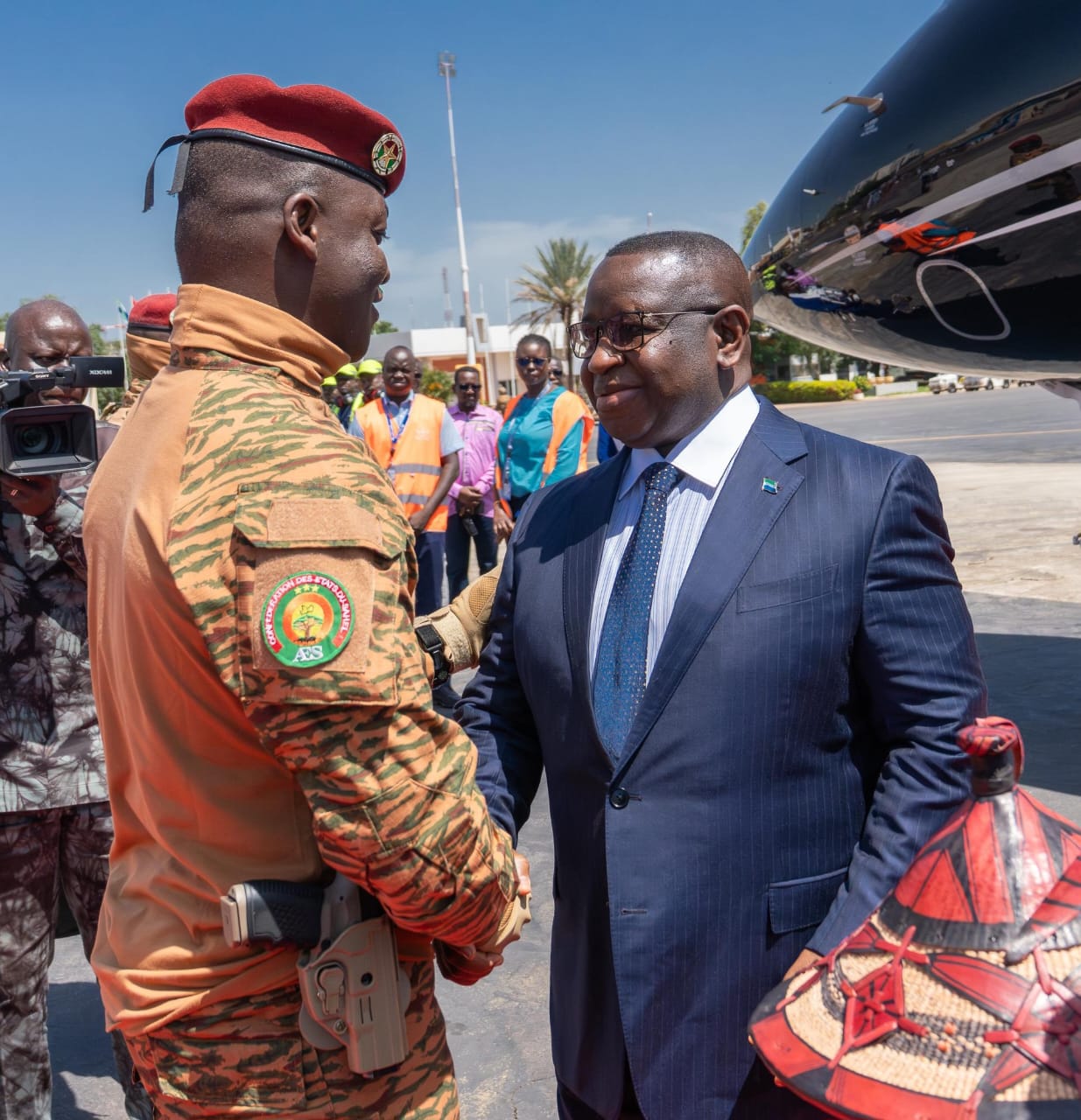With 89% of voters approving a new constitution, the success of the Guinean constitutional referendum has finally set the stage for presidential election, which has been scheduled for December 28. There are also growing claims that the referendum has cleared the path for Mamady Doumbouya, the head of the military government, to contest as a candidate in the upcoming election.
These claims have stirred debates about the junta’s commitment to restoring civilian rule and elicited a polarised public response in Guinea, reflecting deep-seated historical grievances and cautious optimism.
Local commentators claim that the referendum results, coupled with a decree read on national television, are clear indications of Doumbouya’s possible candidacy. The new constitution, which replaces the 2020 version, introduces a Senate and adjusts presidential term limits, changes that critics argue are tailored to accommodate Doumbouya’s political ambitions.
Historical precedent seem to support the suspicion. The 2020 constitutional referendum under former president, Alpha Condé, similarly extended his tenure, which sparked unrest that preceded Doumbouya’s coup. The junta’s initial promise to transition power to civilians by late 2024, unmet due to delays, further fuels speculation that Doumbouya intends to legitimise his rule through electoral means.
Recent analyses, including a 2024 United States Institute of Peace report, suggest Doumbouya’s regime has leveraged Guinea’s vast mineral wealth, bauxite and gold, to sustain military control with limited international backlash. This control seems to have been further strengthened by recent growth that has seen the country’s economy surpass Senegal to emerge as the second strongest Francophone economy in West Africa, after Côte d’IvIvoire.
Pundits say the economic leverage may embolden him to contest the presidency, especially as the new constitution lacks explicit bans on junta members running, despite earlier assurances to the contrary. International observers have urged Doumbouya to honour his democratic commitments, but their influence appears waning amidst Guinea’s strategic resource importance.
Public sentiment in the country reveals a complex mix of scepticism, support, and resignation. Some Guineans express guarded approval, praising Doumbouya for retiring the old political elite and bringing a vision for sovereignty. This sentiment does correspond with a segment of the population who have criticised Guinea’s political old guard of corruption. Some of the regime’s supporters even describe Doumbouya’s military background and foreign training as assets for stabilising a country long plagued by political turmoil.
Critics, however, label Doumbouya a “French puppet,” echoing historical distrust of foreign influence. They dismiss the upcoming election as a predictable power grab. There have been claims that many did not vote in the referendum, which pundits say points to widespread voter apathy or boycott, a trend consistent with the 2020 elections where opposition rejected Condé’s legitimacy. A report by the Africa Centre notes that the junta’s dissolution of municipal councils in 2024 and ban on protests since 2022 have stifled dissent, which may have affected voter turnout and amplified perceptions of a rigged process.
Economic hardship adds another reason. Many Guineans, facing unemployment and inflation, may see Doumbouya’s leadership as a necessary evil. However, their support is tempered by fears of perpetuating military rule, a legacy that has historically stifled democratic progress.
The potential candidacy of Doumbouya represents a critical turning point for Guinea. The new constitution’s approval, with its high “yes” vote, may reflect genuine support or, more likely, a lack of viable opposition due to repression and low participation.
The junta’s control over electoral mechanisms, replacing civilian prefects with military officers in 2022, raises questions about the election’s fairness. Local political observers believe if Doumbouya runs and wins, it could signal a return to autocratic rule, undermining the 2010 democratic breakthrough under Condé.
Public reaction reveals a divided country. Doumbouya’s supporters see him as a moderniser, but his critics see a continuation of military dominance. These opposing views mirror broader societal fractures, which regional political analysts say organisations like the African Union could play a role to stem.
Doumbouya’s potential run is seen as a calculated move that exploits economic and political leverage. Public reaction signals a split between hope and distrust, which reflects Guinea’s turbulent history. The December election will test whether this is a step toward democracy or a consolidation of power.

